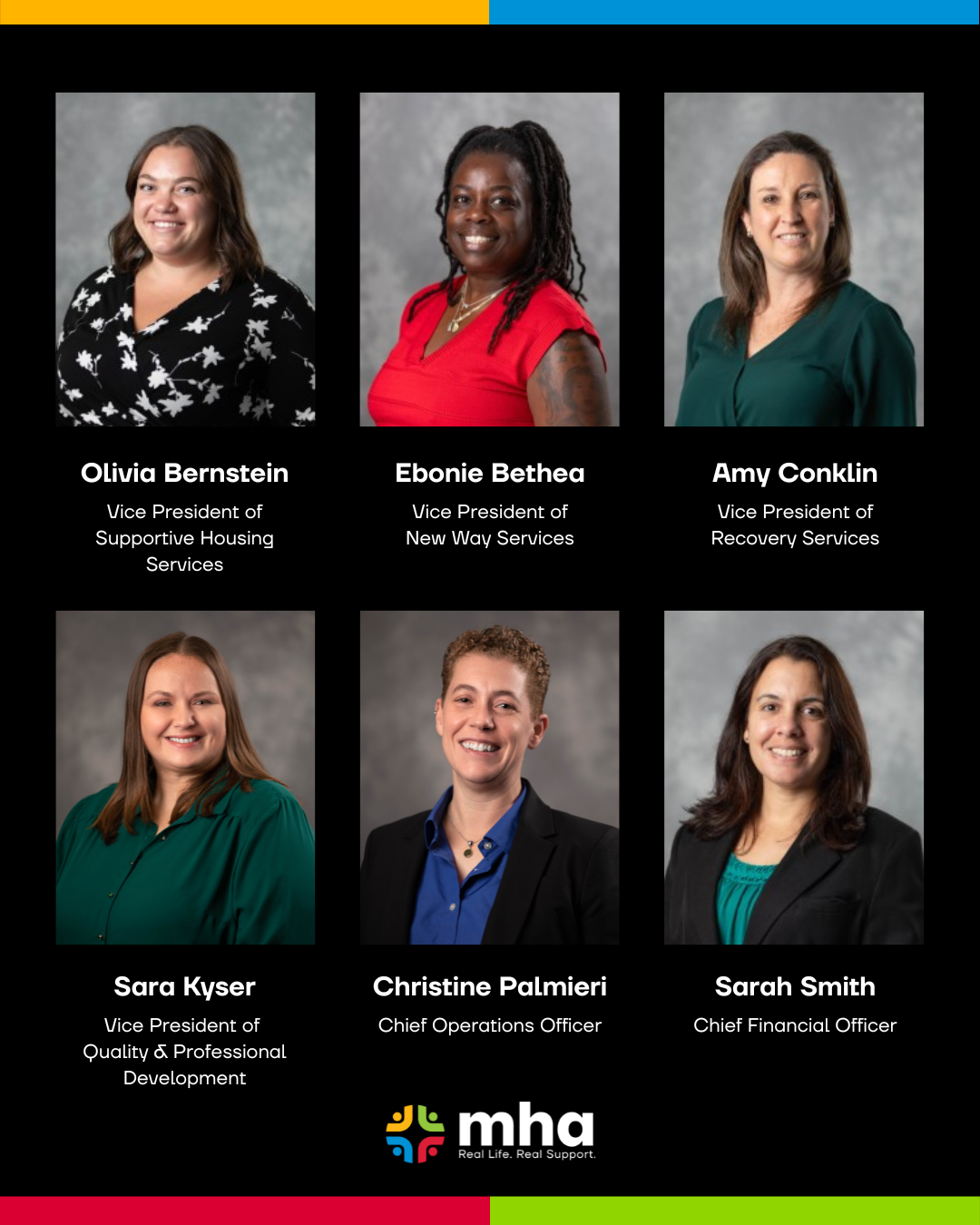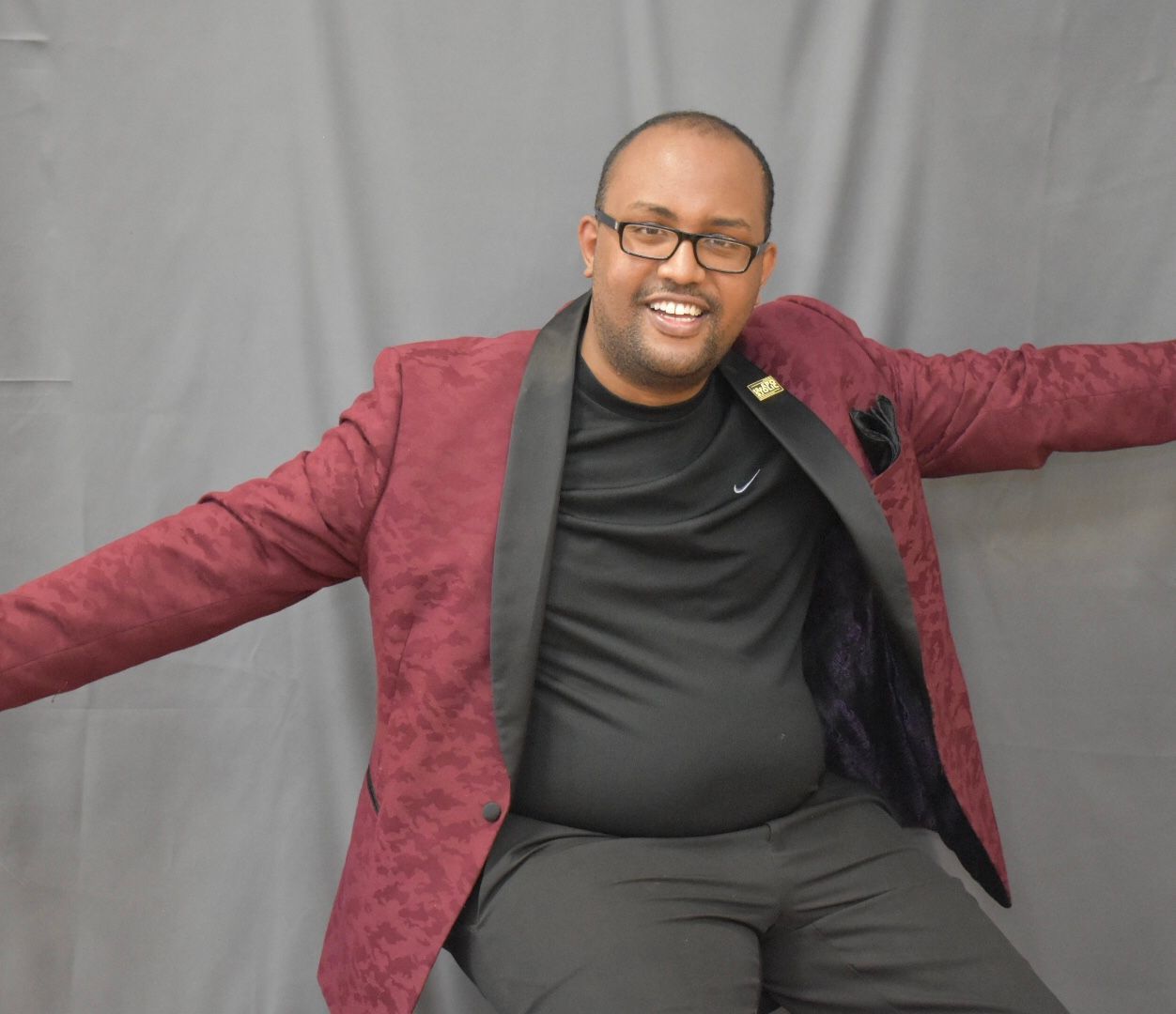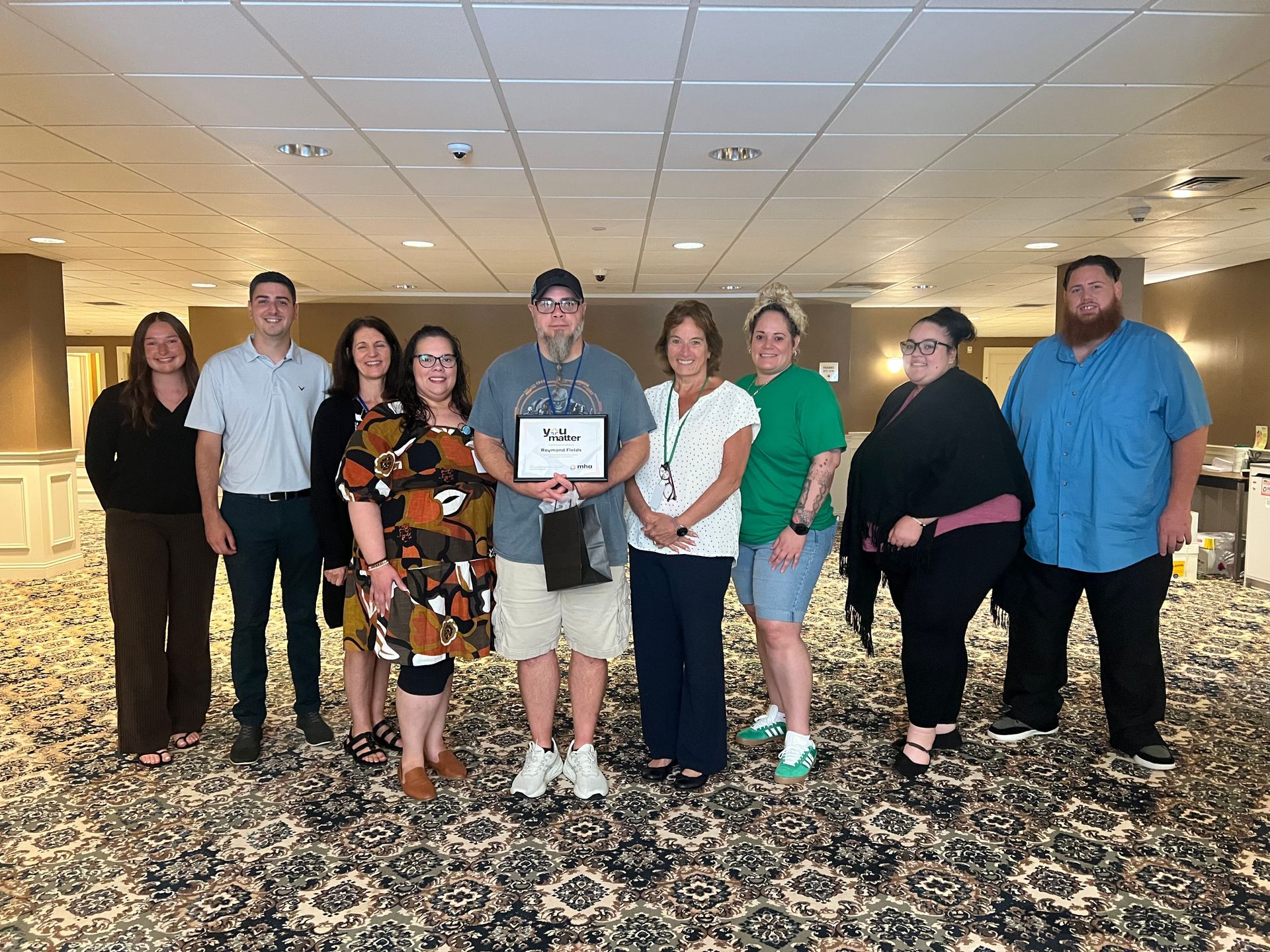Celebrating Disability Pride Month w/ Luisa Rosado
The month of July is Disability Pride Awareness Month. The month honors the enactment of the Americans with Disabilities Act (ADA) on July 26th, 1990, which prohibits discrimination against people with disabilities in all aspects of life. This month aims to celebrate disabled persons embracing their disabilities as part of who they are and rejecting shame and internalized ableism. It is also a time of advocacy and unity amongst the disabled community to amplify their voices and be heard.
Throughout the month, we will share the stories of program participants from our New Way and Shared Living divisions whose stories continue to inspire us every day. This week, we would like to introduce Luisa Rosado.
Luisa, 52, has been a member of our New Way Service’s Resource Center since 2018. In 2017, while working as a dispatcher, Luisa suddenly couldn’t remember how to do her job. Tasks that were once easy for her became difficult. She then noticed that she was having trouble speaking and moving. “I looked in the mirror, and I noticed my face was melting down from one side.” Luisa couldn’t understand what was happening to her. Soon after, she suffered a couple of seizures at work, eventually forcing her to retire. It wasn’t until later that she was told she had a stroke. “When they told me this, I was scared for my life.”
To help with her recovery, Luisa came to our New Way Service’s Resource Center. When Luisa first arrived at The Resource Center, she had to re-learn how to move, talk and identify things she saw around her. “I would see a picture and knew what it was but didn’t know how to say it. It was hard to put the two things together in my brain. I still struggle with that today. There are so many things I wanted to tell you, but it’s just so hard to say them.”
Today, Luisa is making a tremendous recovery. She is an active member of The Resource Center and uses her warm and bubbly personality to help uplift other members in the program. “My favorite part about coming to The [Resource] Center is seeing my friends. I love to make them happy. When they feel sad, I love to cheer them up by putting music on the speaker and making them laugh.” Luisa spends several days a week in the program and enjoys every minute of it. To her, being at The Resource Center helps her mental health and her recovery. “At The [Resource] Center, we have people moving and dancing. We plant, paint, sing and have parties. This is what we need; we need fun. This is what helps us recover.”
Luisa not only brings her infectious personality into the program, but she also shares her passion for nail painting, a passion that has turned into a business. Once a week at The Resource Center, she paints other participants’ nails. “I started three nail salons and have been doing this for 35 years. I love painting the nails of the friends that I’ve made here. They love when I paint their nails. They are always so happy and walk away with a smile from ear to ear. While I paint their nails, we drink coffee, talk and enjoy each other’s company. Painting people’s nails [at The Resource Center] is my contribution to the program.”
Also, in her spare time, Luisa enjoys painting rocks of popular characters such as SpongeBob and Tweety Bird. She has this unique talent of being able to paint a character or animal based on the rock’s shape. “I also color rocks for fun. I have been doing this since I was a child. But now, as an adult, when I see rocks, I see things differently. I don’t see rocks like you see rocks. I see rocks as a world of wonder. You can put anything on a rock. You can share your emotions. You can put things relating to your past, present and future.” Luisa’s art is so good that The Resource Center decided to have her teach a class on rock painting.
Michael Boulay, the program coordinator at The Resource Center, says Luisa brings so much joy into the program and has inspired others in their recovery. “Luisa is a treat to have around. She is so friendly and is always smiling and having fun. She motivates others when they struggle and is always willing to help.”
Luisa strongly encourages others to join The Resource Center program and hopes others take advantage of everything it offers as she has. “This is a great program. Anyone who wants to come here should take a tour and see how amazing this place is. I know that as soon as they walk in, they will see what we have to offer and immediately feel like they are part of a family. I am stuck in this body, but I want to be free. I feel free when I am here. I don’t feel like I am handicapped. I feel like I am normal.”
Luisa said she does not let her disability define her and is hopeful she will continue progressing in the program and make a full recovery. “I love who I am. I love my chair, my sunflowers, my kids and my puppy. Someday I will walk again.”
MHA is a proud supporter and advocate for the disabled community. Through our residential, shared living and day programming, we will continue to be a safe space and leading voice for those who are differently abled.
The Day Program at our Resource Center is part of MHA’s New Way Division for individuals with physical and cognitive impairments resulting from a brain injury acquired after birth from trauma or a medical condition. The Resource Center is designed to help participants improve mental and physical function and interact with peers while engaging in activities they enjoy and often suggest.
For more information on MHA’s Resource Center, call 844-MHA-WELL or visit https://www.mhainc.org/the-resource-center/
share this story





